
Alibaba.com showcases a diverse range of commercial water purification systems designed to cater to various business needs. Among the offerings, one can find industrial-grade reverse osmosis (RO) systems, which are a cornerstone for many businesses requiring purified water. These systems are available in different capacities, including large-scale options capable of processing up to 10,000 liters per hour, ensuring a fit for both small and large operations.
The selection includes multi-stage filtration systems, such as 5-stage RO water filters, which are engineered to remove a broad spectrum of contaminants, providing thorough purification. For specialized applications, there are machines with additional features like UV treatment stages and auto-washing functions, enhancing the purification process and maintenance convenience.
Commercial entities can also explore options like ultrafiltration systems, which utilize a membrane-based process to purify water, and are suitable for businesses looking for a system with a high flow rate. These systems are designed to be efficient and are capable of handling the demanding water quality needs of various commercial settings.
For establishments prioritizing space and efficiency, compact RO systems with capacities ranging from 250LPH to 500LPH offer a balance between size and performance. These systems are ideal for businesses with limited space but require a reliable source of purified water. The range of water purification systems on Alibaba.com is comprehensive, ensuring that businesses of all sizes can find a water filtration solution that meets their specific requirements.






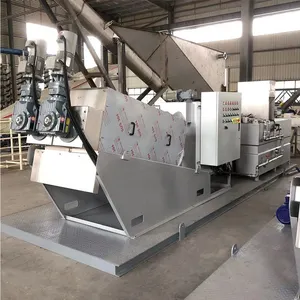

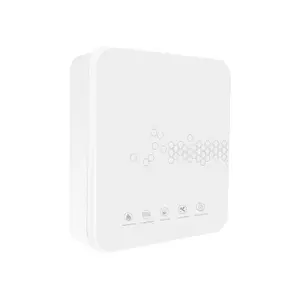

![[NW-RO50-B3LS3] 50GPD 5 stage manual flush RO water filter machine](https://s.alicdn.com/@sc04/kf/Hb879db43994744a3914b6ee4e2d697769.jpg_300x300.jpg)


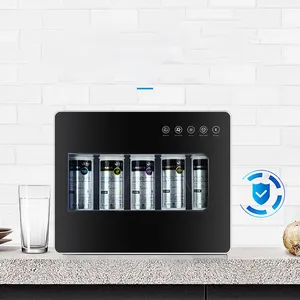


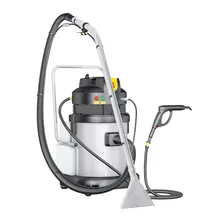



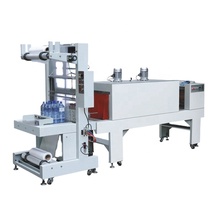






























 浙公网安备 33010002000092号
浙公网安备 33010002000092号 浙B2-20120091-4
浙B2-20120091-4